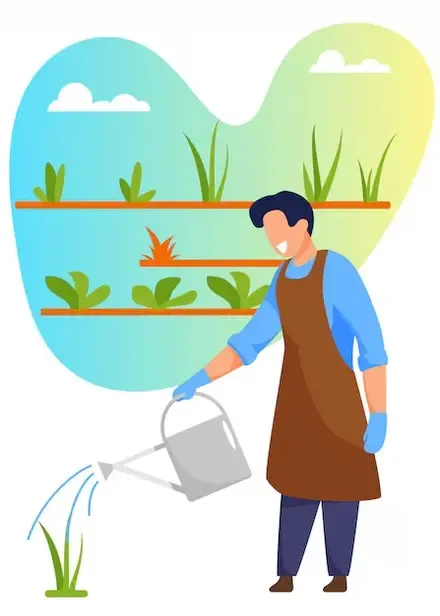The agrochemical industry is playing a transformative role in modern agriculture by enhancing crop productivity, protecting plants from pests and diseases, and addressing the needs of a growing global population. Offering a wide range of essential products such as fertilizers, pesticides, herbicides, and fungicides, the industry supports the cultivation of crops worldwide. These products are vital for ensuring healthy crop growth and high yields, making them crucial in meeting the increasing demand for food.



